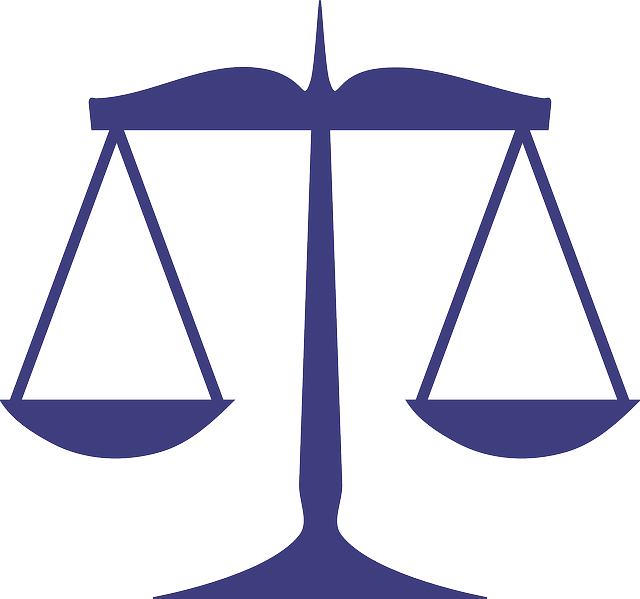Healthcare Compliance experts play a vital role in upholding ethical conduct and legal integrity within healthcare institutions by managing complex regulations such as HIPAA, data security, billing practices, and clinical trials. They prevent fraud and non-compliance, which can lead to severe penalties, and foster a culture of compliance to avoid costly legal battles and maintain client trust. Their "Guide to Time Limits in Personal Injury Claims" offers strategic best practices for navigating time limits in claims processing, empowering professionals to tailor their approach and achieve successful outcomes while mitigating risks. By implementing robust internal processes, thorough documentation, efficient tracking systems, regular staff training, and integrating technology solutions, healthcare providers can manage high-stakes cases involving white-collar and economic crimes, ensuring compliance with stringent standards.
Meet healthcare compliance experts—the unsung heroes navigating intricate regulations. These professionals ensure medical institutions adhere to legal requirements, particularly crucial in managing personal injury claims. With their guidance, organizations can effectively navigate time limits for such claims, as highlighted in our comprehensive guide. We’ll explore strategies and best practices these experts recommend for healthcare providers to stay compliant, minimizing legal risks and enhancing patient care.
- Understanding Healthcare Compliance Experts: Their Role and Responsibilities
- Navigating Time Limits for Personal Injury Claims: A Comprehensive Guide by Compliance Experts
- Strategies and Best Practices for Healthcare Providers to Ensure Compliance with Claim Time Limits
Understanding Healthcare Compliance Experts: Their Role and Responsibilities

Healthcare Compliance experts play a pivotal role in ensuring that healthcare organizations adhere to an array of complex legal and regulatory requirements. Their primary responsibility is to navigate the intricate landscape of healthcare laws, policies, and guidelines, which are constantly evolving. This includes staying up-to-date with regulations related to patient privacy (such as HIPAA), data security, billing practices, and clinical trials, among others.
These professionals serve as guardians of ethical conduct and legal integrity within healthcare institutions. They implement policies and procedures that safeguard against fraud, abuse, and non-compliance, which could lead to severe consequences including fines, license revocation, and even a complete dismissal of all charges in high-stakes cases. By fostering a culture of compliance, they help organizations avoid costly legal battles and maintain the trust of their clients.
Navigating Time Limits for Personal Injury Claims: A Comprehensive Guide by Compliance Experts

Navigating the intricate world of time limits for personal injury claims can be a complex task, but healthcare compliance experts offer invaluable guidance. Their comprehensive “Guide to Time Limits in Personal Injury Claims” serves as a beacon for individuals and organizations alike, ensuring adherence to legal frameworks at every step.
This insightful resource delves into the nuances of setting and meeting deadlines, covering all stages of the investigative and enforcement process. From initial claim assessment to trial proceedings, it equips readers with crucial knowledge. Moreover, by highlighting the distinctions between white-collar defense strategies and general criminal defense practices, the guide empowers professionals to tailor their approach, fostering successful outcomes while mitigating risks in personal injury cases.
Strategies and Best Practices for Healthcare Providers to Ensure Compliance with Claim Time Limits

Healthcare providers must navigate a complex web of regulations when it comes to billing and claims processing. One critical aspect is adhering to time limits for personal injury claims, as established by various laws and guidelines. To ensure compliance, providers should implement strategic best practices. This includes establishing robust internal processes with clear deadlines for claim submission, thorough documentation of patient treatments, and efficient tracking systems to monitor pending claims.
Regular training sessions for staff on the latest regulations and updates in claim time limits are essential. Additionally, integrating technology solutions can streamline the process, enabling providers to automate reminders, track compliance metrics, and promptly address any discrepancies. By adopting these strategies, healthcare organizations can effectively manage high-stakes cases involving white-collar and economic crimes, catering to both corporate and individual clients while maintaining top-tier compliance standards.
Healthcare compliance experts play a pivotal role in navigating intricate regulations, especially regarding time limits for personal injury claims. By providing comprehensive guides and strategies, they empower healthcare providers to ensure adherence to legal deadlines. Through understanding these time limits and implementing best practices, healthcare organizations can minimize risks, optimize claim processing, and deliver efficient patient care, ultimately fostering trust and transparency in the industry.






